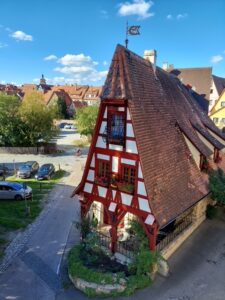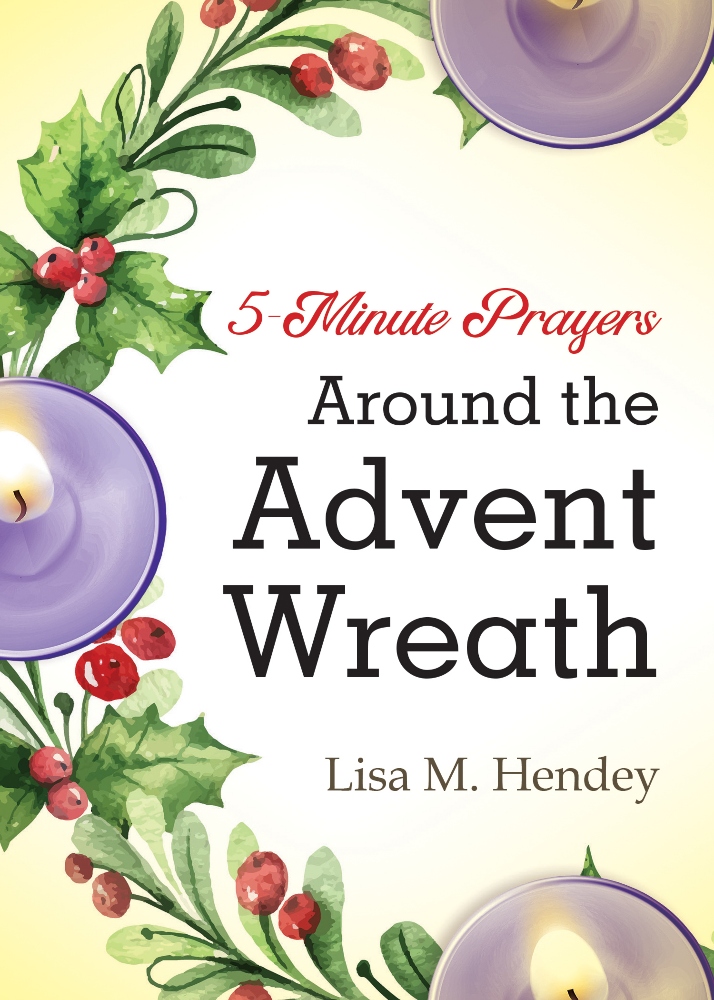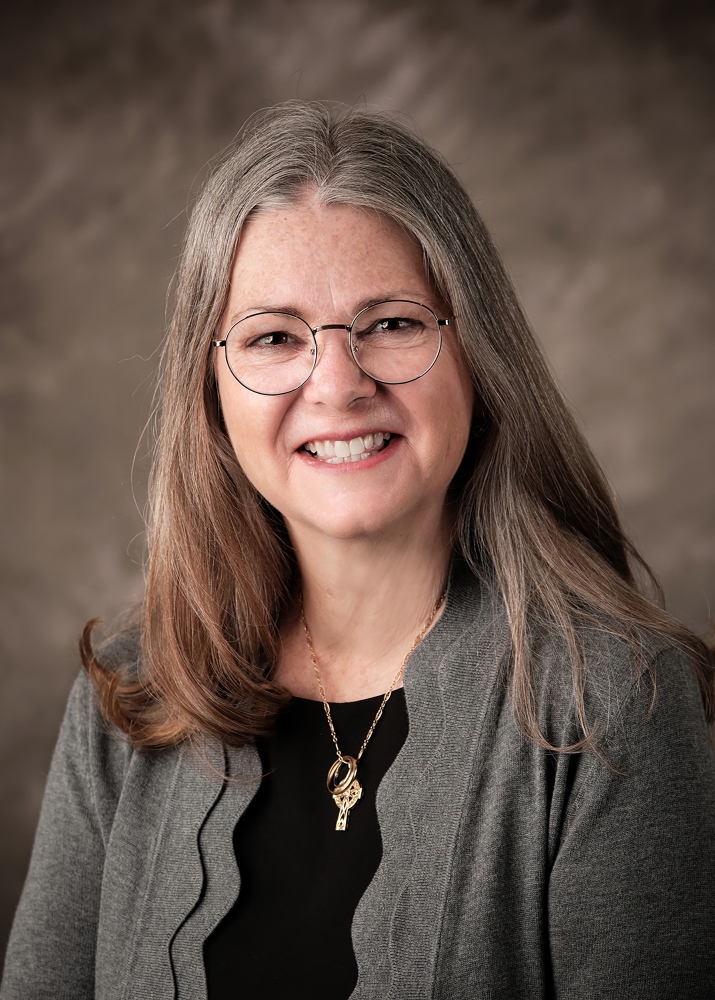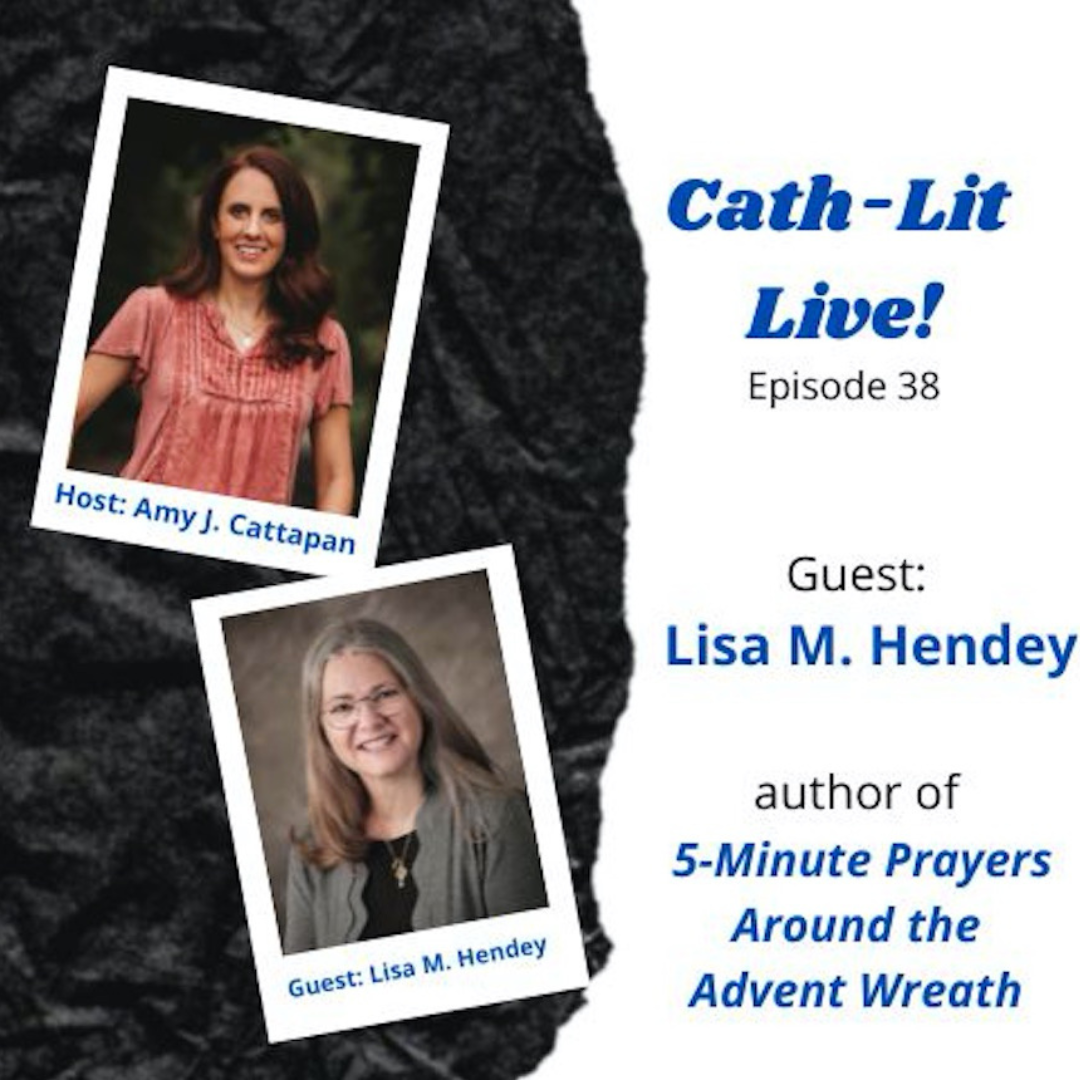Watch!
Watch!
Despite a bit of concern that I might start to be viewed as a presumptuous would-be-homilist, I’m reflecting about the upcoming gospel reading again, on this December First Saturday of 2023.
But as a writer, I’ve always been intrigued by diction, the word choices we make to convey what we want to say.
While we have no way of easily confirming the accuracy of transcription or translation in any of the traditional readings for the First Sunday of Advent, the customary gospel uses one word, “watch,” four different times, in three different ways, within a 98-word passage.
Any word used every 24.5 words in a single brief teaching monologue must surely be significant, especially when that teacher was Jesus. So, I feel it’s a worth a little bit of dissection, to consider why Our Lord placed so much emphasis on this one concept.
“Jesus said to his disciples:
“Be watchful! Be alert!
You do not know when the time will come.
It is like a man traveling abroad.
He leaves home and places his servants in charge,
each with his own work,
and orders the gatekeeper to be on the watch.
Watch, therefore;
you do not know when the lord of the house is coming,
whether in the evening, or at midnight, or at cockcrow, or in the morning.
May he not come suddenly and find you sleeping.
What I say to you, I say to all: ‘Watch!’”
— Mark 13: 33-37 (https://bible.usccb.org/bible/readings/120323.cfm)
Our first encounter with the word “watch” is as part of an adjective, “watchful,” and we’re immediately given a synonym, “alert.” Jesus seems to be describing a habitual condition that he would like his disciples to inhabit. That condition could also be described as “paying attention.” Attentiveness appears to be an internal quality that we are encouraged to develop.
Then, we are introduced to two nouns, a “gatekeeper” who is “on the watch.”

Lovingly-preserved Medieval house in a contemporary Medieval neighborhood, viewed from the city wall, Rothenburg, Germany. Photo Credit Fr. Lawrence Hoffmann, published with permission.
From paleolithic times, there have been lookouts on hills overlooking valleys, guardians on mountain peaks above passages between cliffs, gatekeepers in watchtowers embedded in city walls, who have served to help keep their communities safe.
The noun “a watch” has most often described a defined a unit of time with specific limits — “I’ll take the first watch, and you can take the second” — during which the person on duty was expected to provide vigilance for all.
So now, a dimension of community responsibility has been added to the internal personal quality of alertness.
And immediately, it is repeated, for the first time as an imperative verb, “Watch.”
“Watch me!” Children shout as they wave going by, up-and-down, round-and-round, on a carousel.
We “watch” the sky for incoming storms, traffic on the freeway for wayward drivers, the bathtub filling, so it won’t overflow.
We “watch” our cakes and Christmas cookies baking in the oven, often while others in the family are “watching” a parade or football game on television.
As writers, we are always “watching” our budgets, and our word counts.
The Cambridge English Dictionary offers this definition for the action verb “watch”: “to look at something for a period of time, especially something that is changing or moving.” (https://dictionary.cambridge.org/us/dictionary/english/watch)
There are two important elements here.
The first is “a period of time.” The verb “to watch” does not mean a brief glance; it means focused attention for long enough to take in the nature, conditions, and dimensions of what is being watched.
The second is “something that is changing or moving.” “Watching” involves engaging in, and recognizing, a process of change and a direction of movement.

Christmas Market Square, Rothenburg, Germany. Photo by Margaret Zacharias, published with permission.
The Christmas markets in Europe, of which Rothenburg is one of the most famous, do offer material goods for purchase as gifts. But their most memorable value is in the experience itself — a satisfying bite into a hot brat on a bitterly cold day; the comfort of a hot cup of chocolate or gluhwein; live musical notes, floating with ephemeral snowflakes in the air.
Do we want broken budgets from too much online shopping this Advent? Do we want morose, unhappy households from endless consumption of ugly world news? Do we want stressed out children from too much sugar, and too many toys?
Or do we want the peace of gratitude for our blessings, the warmth of a simple, unhurried family meal, and the grace of acknowledging that we have enough?
Our Lord’s words speak directly to our authentic needs as human beings, and to the world as it really is.
There have always been wise servants “watching” — and there have always been thieves.
In this new Advent Season that we are about to embark on together, may we be the disciples of Christ who can look into the eyes of our children and grandchildren, our neighbors and friends, with awareness of who they really are, and who they are striving to become.
May faith, hope, and love fill our hearts, and theirs.
Watch.
Featured Photo: Watchtower in the Medieval City Walls, Rothenburg ob der Tauber, Bavaria, Germany, on the plateau overlooking Tauber River ravine. Author’s personal photo, published with permission.
© Copyright 2023 by Margaret King Zacharias





 So we come back to the little shepherd boy. I hear his drums, “pa rum pa pum pum” a physical declaration of his heart beating with love for the king, a testimony to all that is required of us–offering our own hearts without reserve.
So we come back to the little shepherd boy. I hear his drums, “pa rum pa pum pum” a physical declaration of his heart beating with love for the king, a testimony to all that is required of us–offering our own hearts without reserve.
